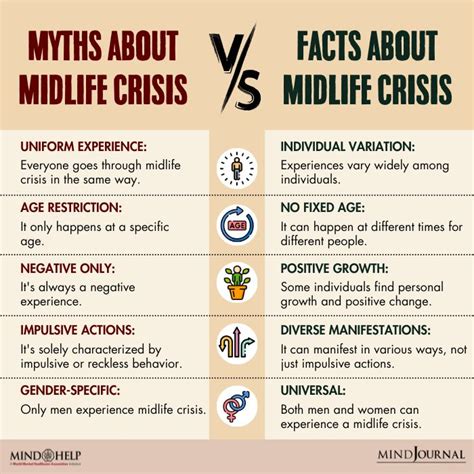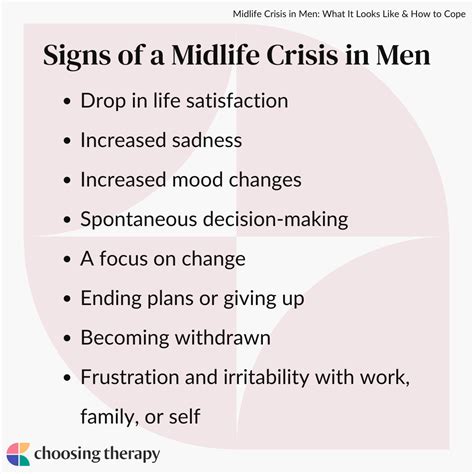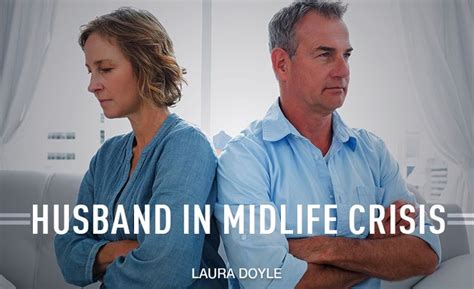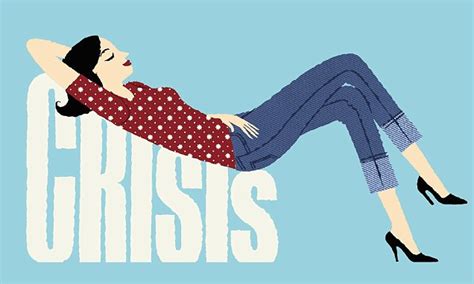Intro
Reaching middle age can be a significant milestone in life, marking a transition from youth to adulthood. However, for many people, this period can also bring about a sense of uncertainty, self-doubt, and anxiety. This phenomenon is commonly referred to as a midlife crisis. In this article, we will delve into the world of midlife crises, exploring the signs, symptoms, and solutions to help individuals navigate this challenging phase.
Understanding the Midlife Crisis

A midlife crisis is a transitional period that typically occurs between the ages of 40 and 60, where individuals reassess their lives, goals, and priorities. This phase is often triggered by significant life events, such as the death of a loved one, divorce, or children leaving home. The crisis can manifest in various ways, affecting a person's emotional, psychological, and physical well-being.
Signs and Symptoms of a Midlife Crisis
- Feeling unfulfilled, restless, or discontent with life
- Questioning one's identity, purpose, or values
- Experiencing anxiety, depression, or mood swings
- Feeling disconnected from others, including family and friends
- Engaging in impulsive or reckless behavior, such as substance abuse or infidelity
- Feeling pressure to achieve certain goals or milestones before it's too late
- Experiencing physical symptoms, such as weight gain, sleep disturbances, or chronic pain
The Causes of a Midlife Crisis

Several factors can contribute to the onset of a midlife crisis. Some common causes include:
- Aging and the fear of mortality
- Changing roles and responsibilities, such as becoming an empty nester
- Unrealized expectations and unfulfilled dreams
- Health concerns or declining physical abilities
- Significant life events, such as divorce, death, or job loss
- Societal pressure to conform to certain standards or norms
Coping Mechanisms and Solutions
- Seeking professional help, such as therapy or counseling
- Engaging in self-reflection and journaling to identify values and goals
- Building a support network of friends, family, or support groups
- Practicing mindfulness, meditation, or yoga to manage stress and anxiety
- Pursuing new hobbies or interests to reignite passion and purpose
- Focusing on personal growth and development, such as learning a new skill or taking a class
Navigating Relationships During a Midlife Crisis

A midlife crisis can significantly impact relationships with family, friends, and romantic partners. It's essential to communicate openly and honestly with loved ones, seeking their support and understanding. Some tips for navigating relationships during this time include:
- Being transparent about feelings and concerns
- Seeking counseling or therapy together
- Rekindling intimacy and connection through shared activities or date nights
- Setting boundaries and prioritizing self-care
- Fostering a sense of teamwork and collaboration
Rebuilding and Rediscovering Purpose
- Identifying core values and passions
- Exploring new career opportunities or entrepreneurial ventures
- Pursuing creative interests or hobbies
- Volunteering or giving back to the community
- Focusing on personal growth and development
Conclusion: Embracing the Midlife Crisis as an Opportunity for Growth

A midlife crisis can be a challenging and transformative experience. By acknowledging the signs and symptoms, understanding the causes, and seeking solutions, individuals can navigate this phase with greater ease and confidence. Embracing the midlife crisis as an opportunity for growth and self-discovery can lead to a more fulfilling and purpose-driven life.
We invite you to share your thoughts and experiences with midlife crises in the comments below. How have you navigated this phase, and what advice would you give to others? Let's start a conversation and support one another through this journey.
What is a midlife crisis?
+A midlife crisis is a transitional period that typically occurs between the ages of 40 and 60, where individuals reassess their lives, goals, and priorities.
What are the common signs and symptoms of a midlife crisis?
+Common signs and symptoms include feeling unfulfilled, restless, or discontent with life, questioning one's identity or purpose, experiencing anxiety or depression, and engaging in impulsive or reckless behavior.
How can I cope with a midlife crisis?
+Coping mechanisms include seeking professional help, engaging in self-reflection and journaling, building a support network, practicing mindfulness or meditation, and pursuing new hobbies or interests.
How can I navigate relationships during a midlife crisis?
+It's essential to communicate openly and honestly with loved ones, seeking their support and understanding. Tips include being transparent, seeking counseling, rekindling intimacy, and setting boundaries.
How can I rebuild and rediscover purpose during a midlife crisis?
+Strategies include identifying core values and passions, exploring new career opportunities, pursuing creative interests, volunteering, and focusing on personal growth and development.
